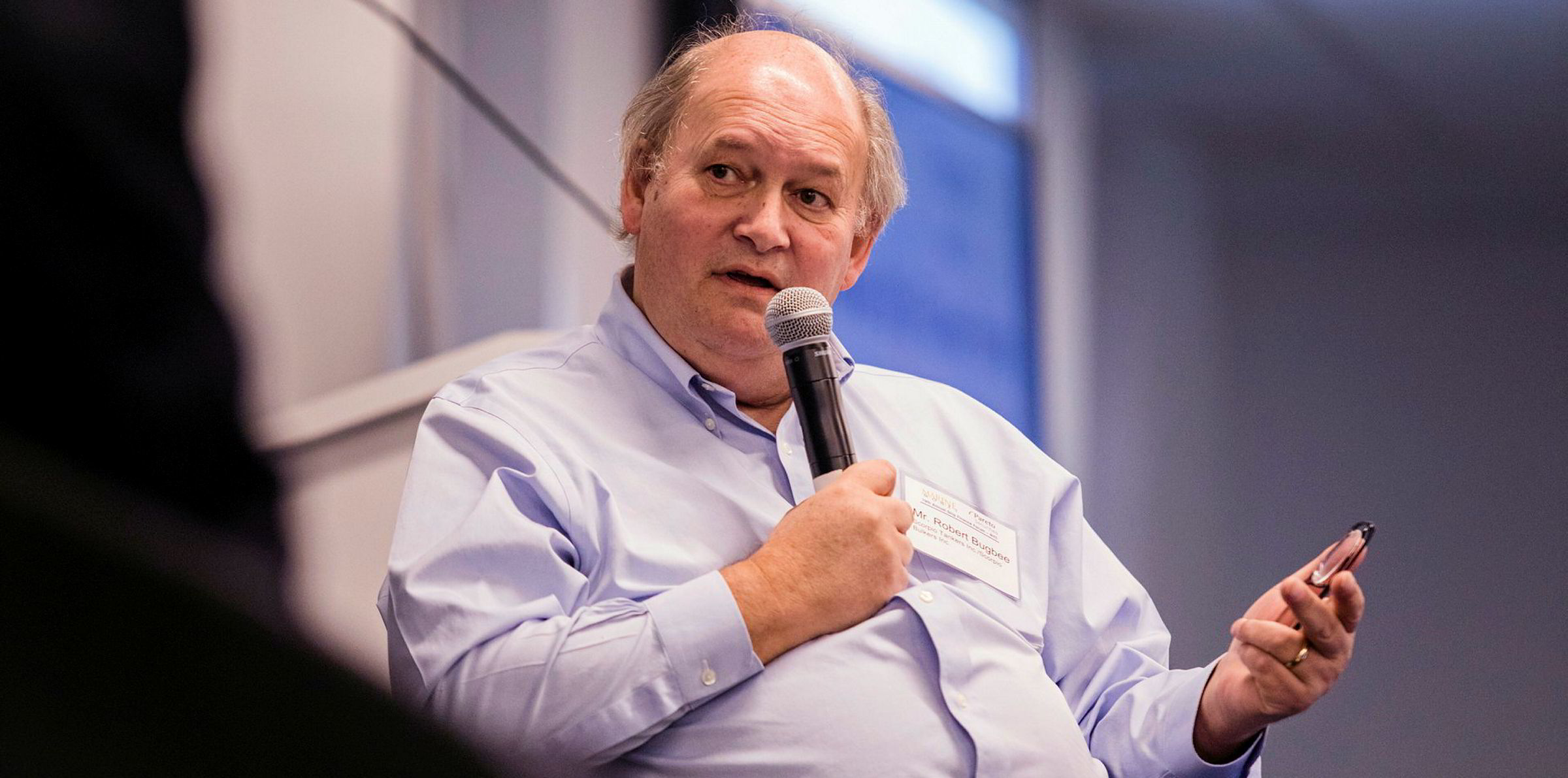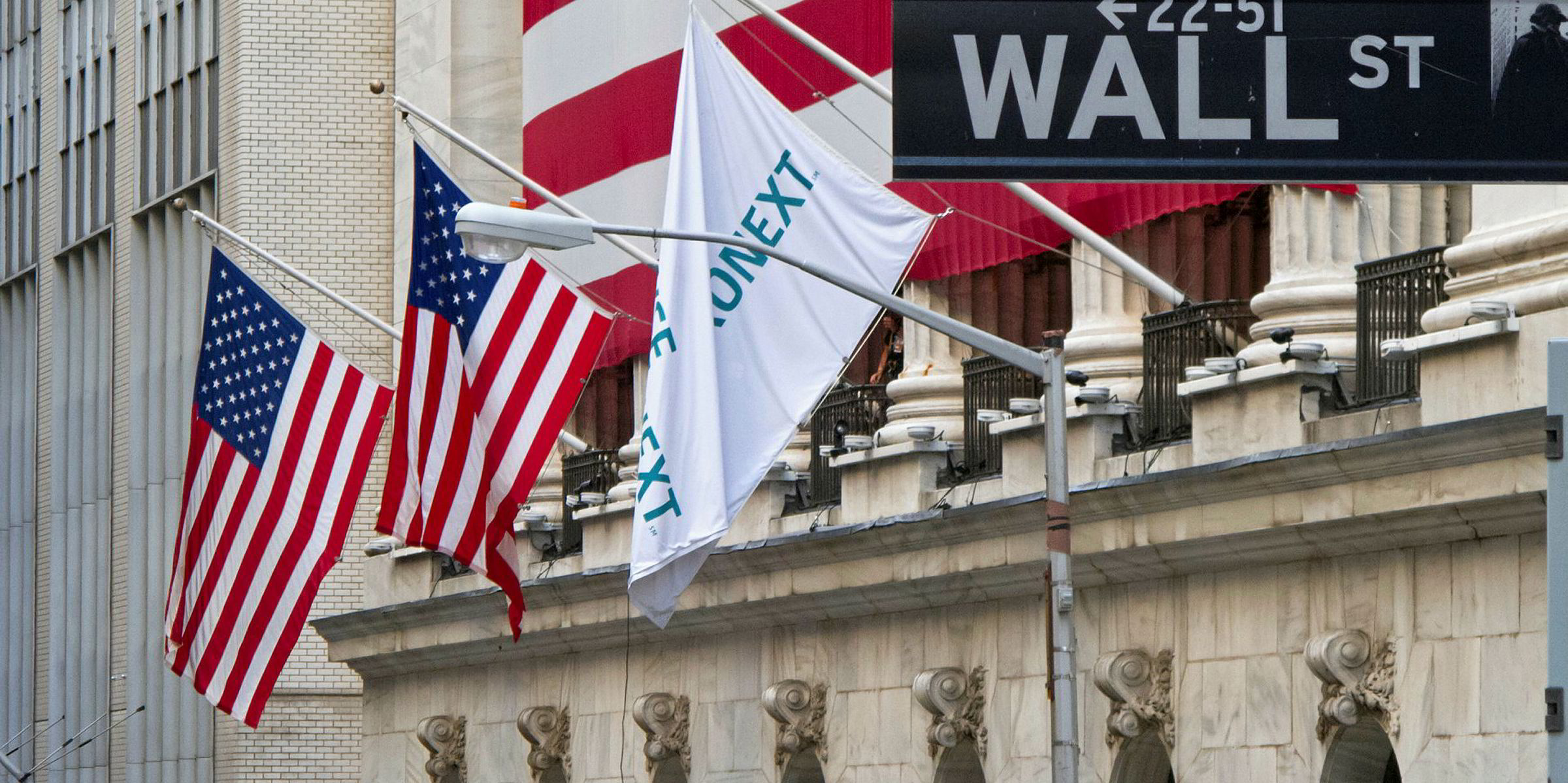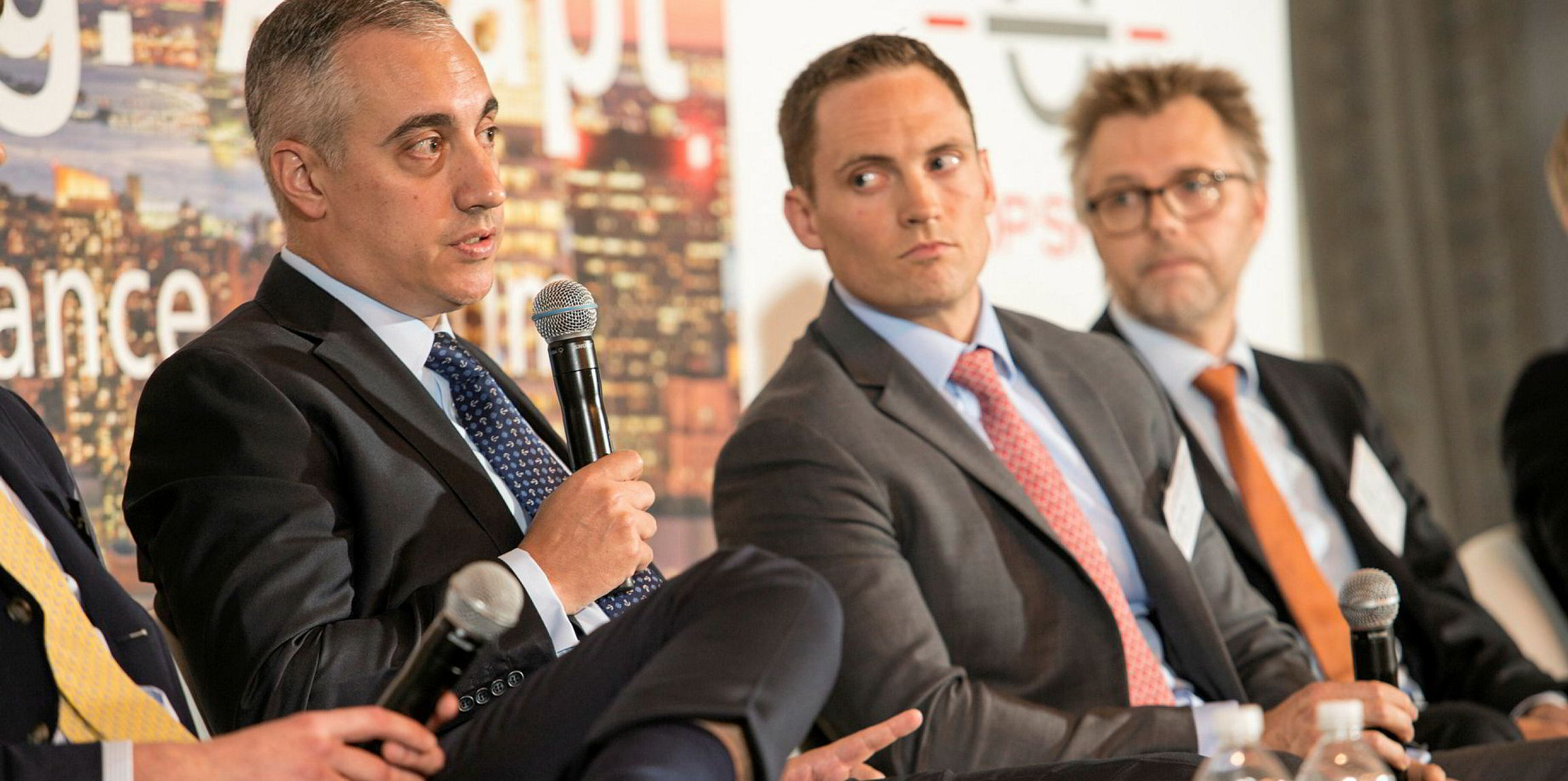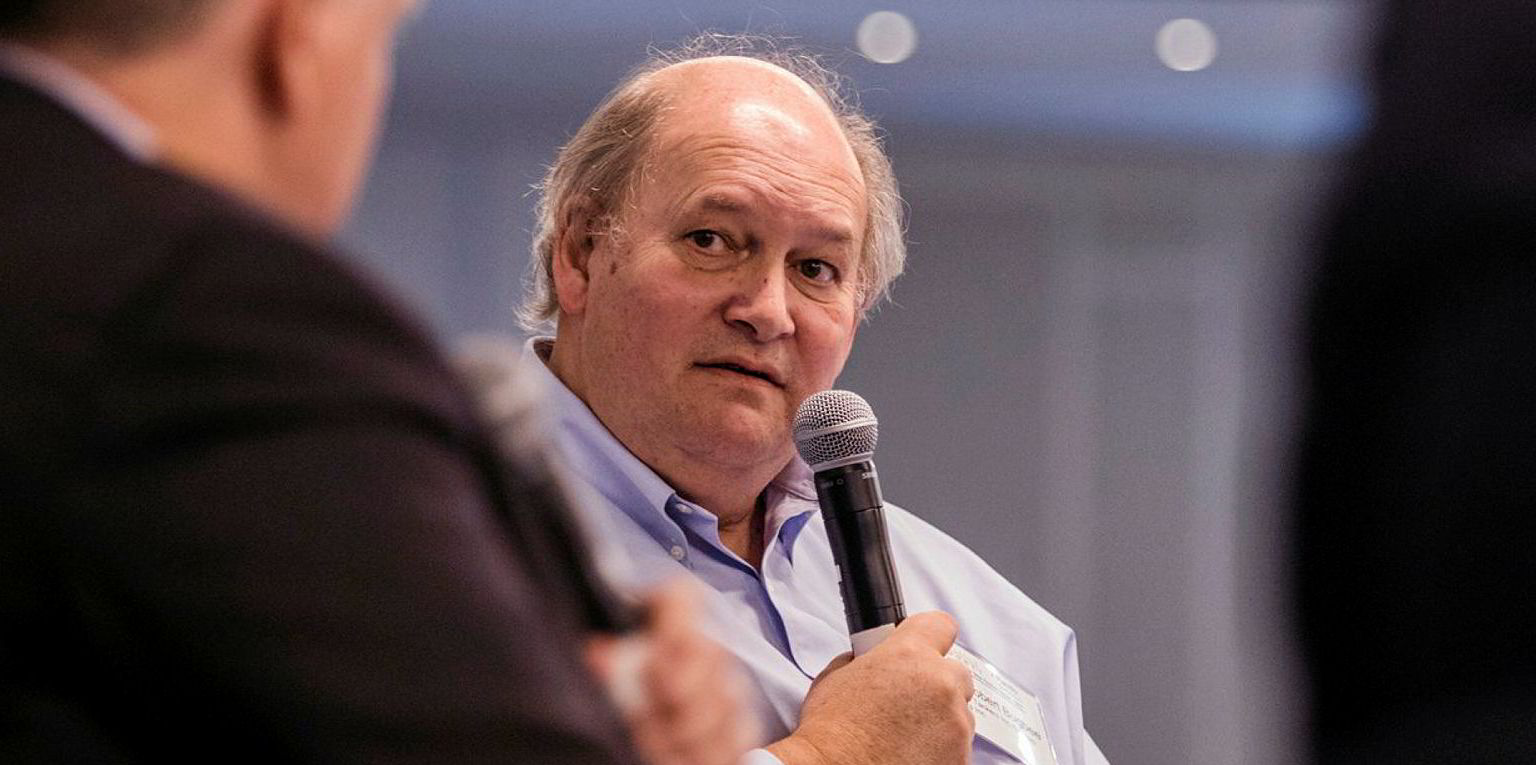Scorpio Tankers, the world’s largest product tanker owner, posted stronger-than-expected results between January and February while enjoying buoyant earnings so far this quarter.
While spot MR and LR indices hit all-time highs recently, the New York-listed owner has achieved even better earnings than market expectation, according to analysts.
President Robert Bugbee told a conference call: “We are accumulating cash ... The company is enjoying its position for the moment.”
Scorpio recorded a net income of $46.6m in the first quarter, or earnings of $0.85 per share, compared with the street consensus of $0.51. The company had a net income of $14.5m in the same period of 2019.
With improved spot market conditions, vessel revenue jumped from $196m to $254m.
“This morning, Scorpio reported first-quarter results which were significantly better than our and consensus estimates on higher-than-expected spot rates, particularly on the large refined product tankers,” investment bank Stifel said.
A bullish year so far
In the first quarter, time charter equivalent (TCE) revenue of Scorpio’s LR2s averaged $26,818 per day, LR1s $20,296 per day, MRs $20,951 per day and handymaxes $22,564 per day.
With charter rates boosted by floating storage and port congestion, the company has enjoyed even higher earnings this quarter.
Average daily TCE revenue of its LR2s reached $53,000 for 63% of calendar days, LR1s was $41,000 for 60% of days, MRs was $25,000 for 56%, and handymaxes $20,000 for 60%.
This compared with Fearnleys Securities’ forecast of LR2s at $45,000 per day and LR1s at $35,000 per day for the second quarter.
“Second-quarter bookings are more impressive in our view ... showing what Scorpio is capable of in a rising market,” the Norwegian brokerage said.
Scorpio executives said spot earnings were climbing even higher lately, especially in the Middle East Gulf market.
Among the company’s recent fixtures, an LR2 was fixed at a TCE rate of $138,000 per day, an LR1 at $100,000 per day, and three MRs at between $50,000 per day and $65,000 per day.
While stressing Scorpio was in no rush to fix time charters given the buoyant spot trade, Bugbee said parts of its fleet had secured “significant” front cover. The ships are due to begin their period charters in June and July.
Scorpio chief executive Emanuele Lauro said: “For the rest of 2020, we are comfortable that our tightened supply and increased floating storage provide solid market fundamentals.
“We are expecting our forward cover to increase as our customers require vessels for storage.”
Scrubber delays
Separately, Scorpio announced it had delayed scrubber installations on 19 of its vessels to 2021 and beyond without any penalty, according to chief operating officer Cameron Mackey.
The move came as bunker prices had hit record lows and the discount of high-sulphur fuel oil to very low-sulphur fuel oil had sharply narrowed this year.
Lauro said: “The euphoria of January surrounding scrubber installations has been replaced with almost universal gloom. By the fourth quarter, we expect the middle ground to prevail.
“[We] have taken the opportunity to delay some of our installations, thereby freeing up around 500 revenue days between the second and fourth quarter this year.”
According to Stifel’s estimates, the delays will help Scorpio push back capital expenditure of more than $60m.
Scorpio, which has one of the industry’s largest scrubber retrofit programmes, installed the exhaust gas cleaning technology on six LR2s, one LR1 and half a dozen MRs in the first quarter.
Of the company’s 137 product tankers totalling 9.44m dwt in operation, 71 had scrubbers on board as of Tuesday.
Scorpio also announced a fixed quarterly dividend of $0.10 per share — the same as the previous quarter.
Despite the strong results, the share price of Scorpio was down 8.5% at $19.44 in Wednesday’s midday trading after an earlier spike to $22.27.
“The shares trade at a material discount to our current forward NAV [net asset value] assessment, which we find compelling given the high levels of cash flow being generated,” said Clarksons Platou Securities, which set a target price of $40 on a bullish long-term outlook for product tankers.







